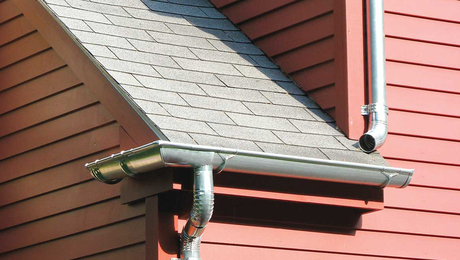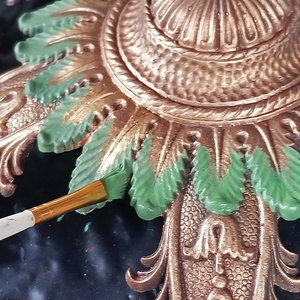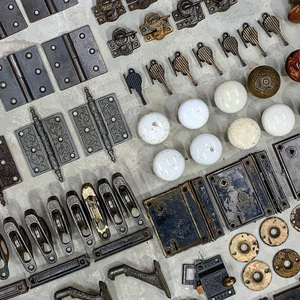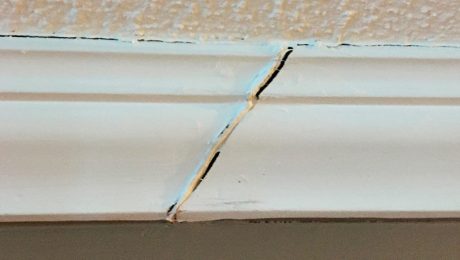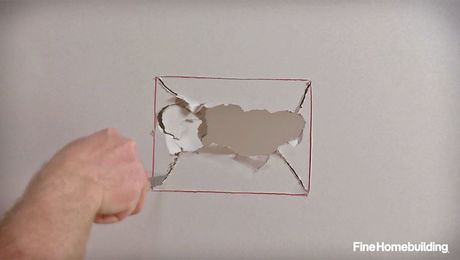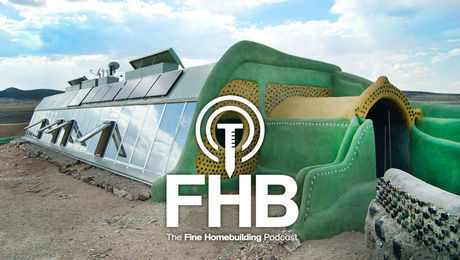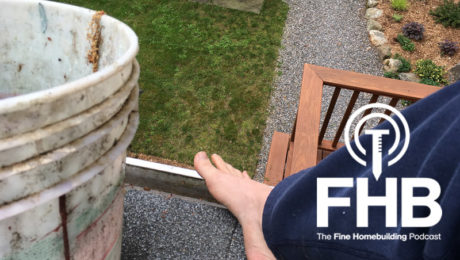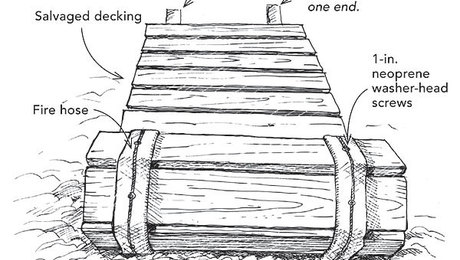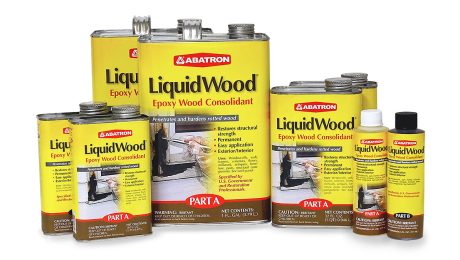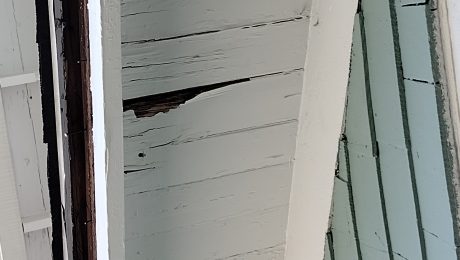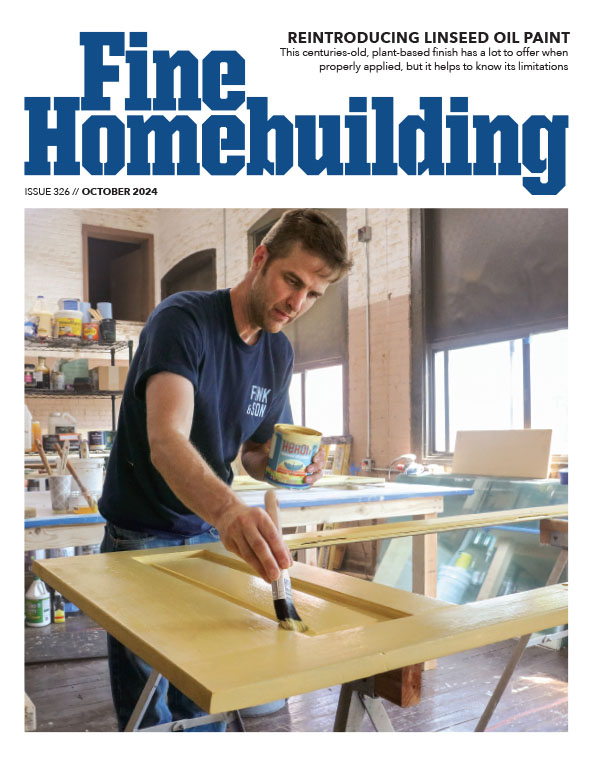Q:
My wife and I just moved into a new house that was completed in the spring of 1994. We recently received a solicitation from the concrete contractor to apply a boiled linseed oil and mineral spirits sealer to the exterior flatwork concrete to seal off the slab and prohibit moisture from penetrating the pores of the concrete. I’m not an expert, but I’ve never thought of concrete as a maintenance item. Is this contractor full of baloney?
Richard W. Quick, Bettendorf, IA
A:
Concrete contractor Rocky Geans of Mishawaka, Indiana, replies: The contractor was right. An application of linseed oil and mineral spirits is excellent insurance against the penetration of water and deicing salts into exterior concrete slabs in colder climates. Untreated concrete is porous, and moisture can easily penetrate the surface, which is not a problem until the slab freezes.
Think of a typical early spring scenario of a few wet days with subfreezing temperatures followed by a day or two of clear, warmer weather, which causes the snow and ice to begin to melt. A certain amount of that melting snow and ice penetrates the surface of untreated concrete. Suddenly, the weather turns cold again, and now the moisture trapped in the surface of the concrete begins to freeze. As the water freezes, it also expands, causing pieces of the concrete surface to pop off, or scale. This weathering process is known as a freeze-thaw cycle. The more freeze-thaw cycles that occur, the more chance of scaling in your concrete slab.
An application of a good sealer such as linseed oil and mineral spirits will help the concrete resist water penetration and the scaling that occurs subsequently. These sealers are inexpensive, easy to put on and amount to really low maintenance for keeping your exterior concrete slabs looking great for years.
